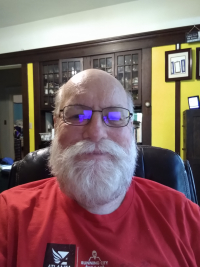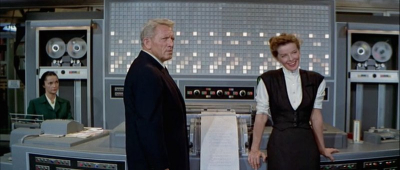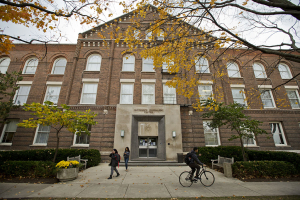
Now, as I enter the last lap of my career, it’s time to focus.
From here forward, my main subject will be the business of technology. Other topics will intrude, they always do in my mind, but I have spent my entire life fascinated by the intersection of these subjects. I’ve learned a lot about them. And that’s what I want to share.
The first point I will make is, don’t get carried away by the AI hype. It’s important, but it’s not a destination. AI isn’t the Web, or the Cloud. It’s software, which can take huge inputs and deliver what appear to be rational outputs. Its key outputs won’t be music, or art, or stories like this one. It will be insights drawn from networks of sensors, on millions of devices, measuring systems as large as cities and hospitals. AI is a productivity tool, like a SaaS database, and its evolution is built on that base.

The test is whether the machine serves people. The fear is it will serve just a small subset of people. But whether it does is a subject for people. I will live a much longer, healthier life than my grandparents ever dreamed of. The job of policy should be to spread that wealth as broadly as possible, to make sure software remains our servant, and never enable a small cabal to become our masters.
Not just because that’s evil, but because it’s sub-optimal. As networks of computers are more powerful than any single computer, so democracy and capitalism will always deliver more than autocracy and a command economy.










